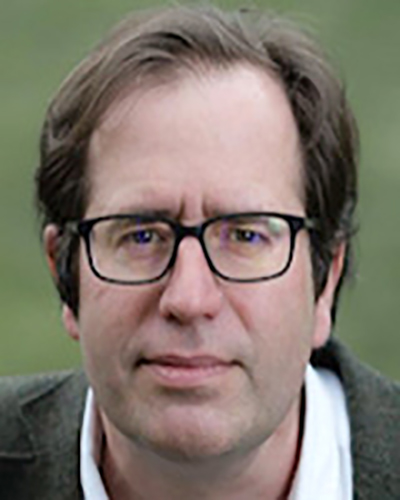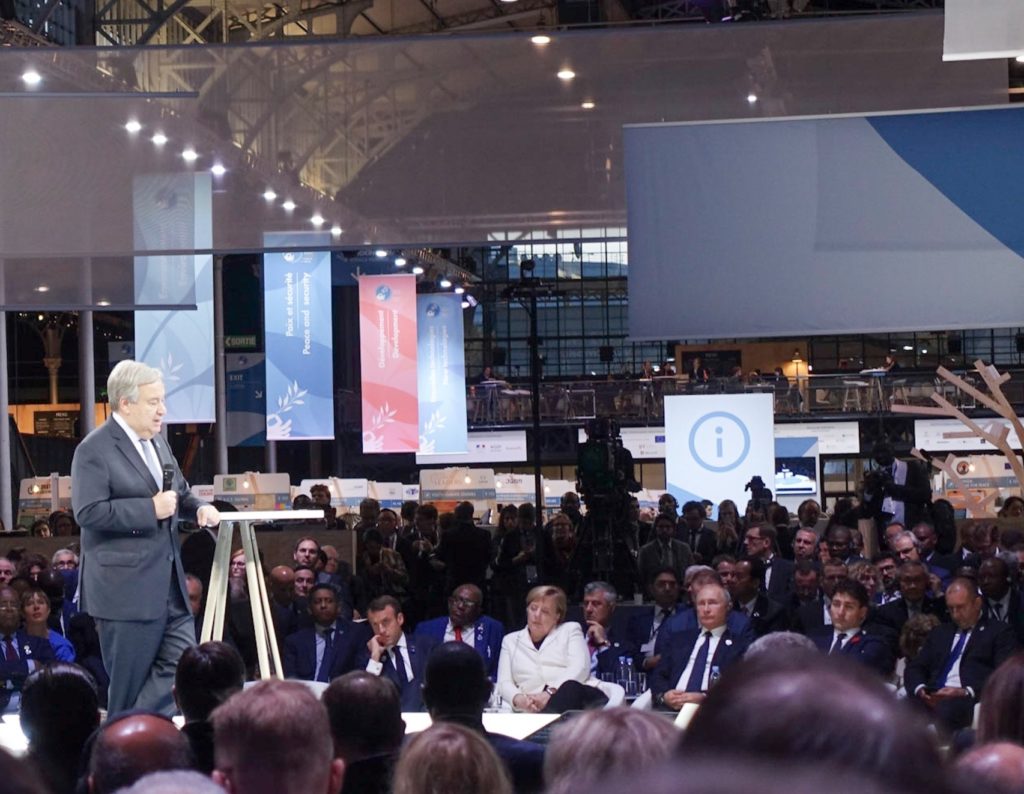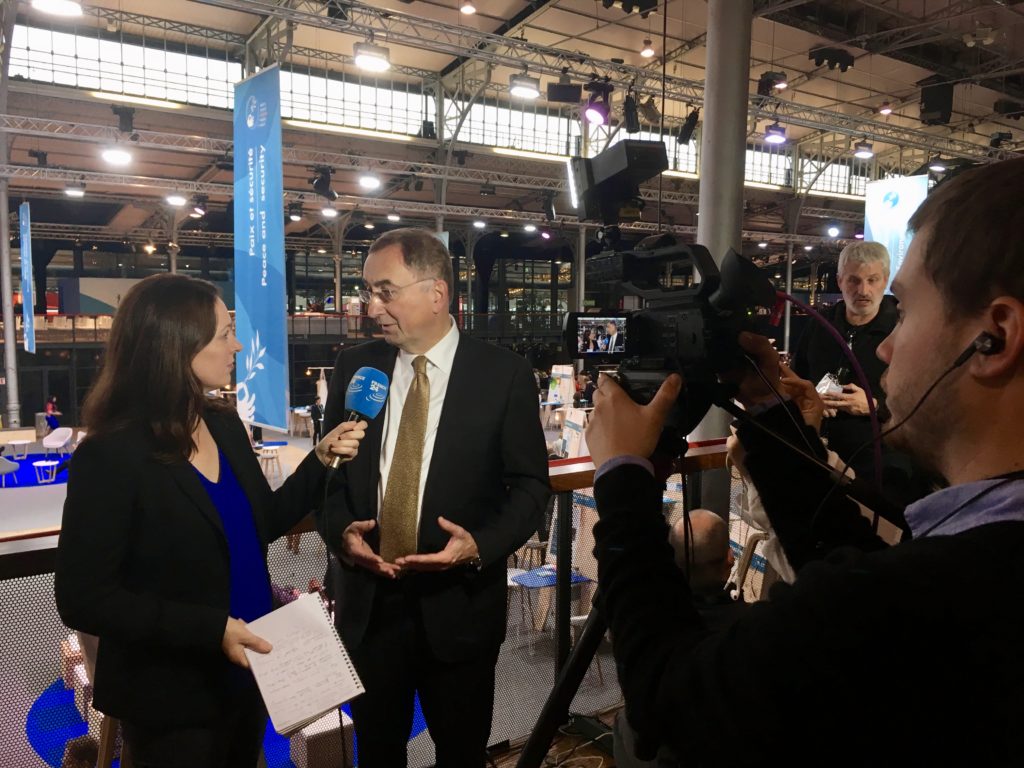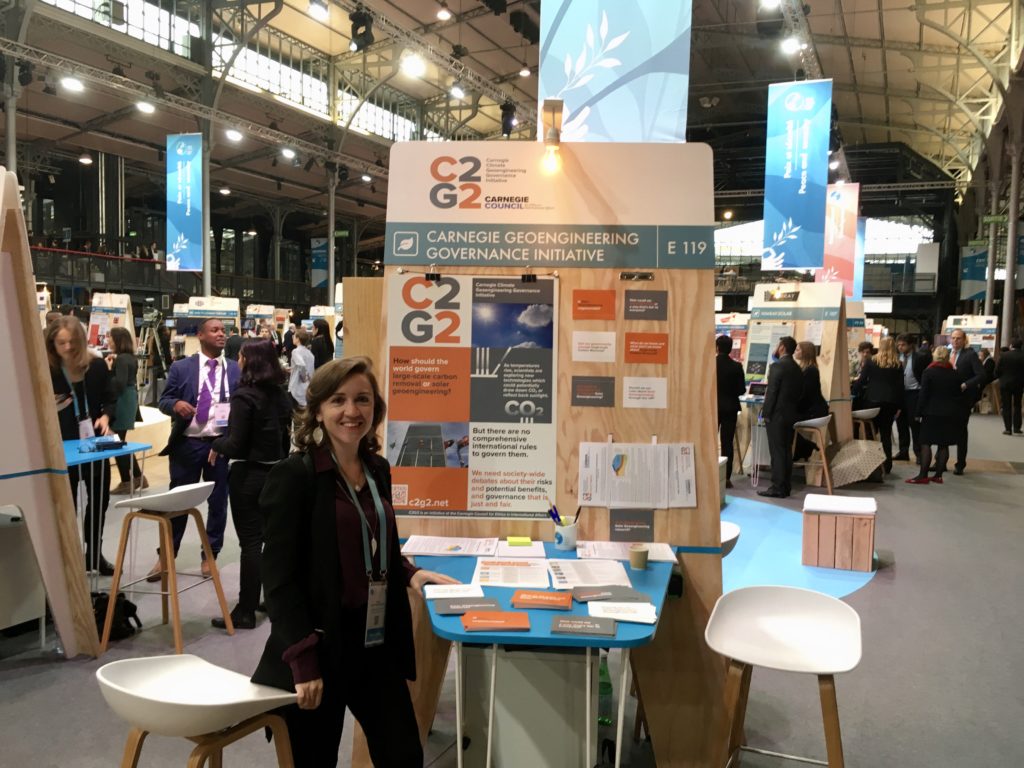Sharing experiences at the Paris Peace Forum

In early November, France commemorated one century since the end of WW1 with a compelling idea: that the future of peace depends not just on fine words between friendly leaders, but upon the painstaking work of building governance structures for the benefit of everyone.
Thus was launched the first Paris Peace Forum, held in the Grande Halle de la Villette from 11-13 November, billed as a new annual event to support collective action, gathering ‘all actors of global governance’ under one roof for three days.
“Peace is not just the suspension of war,” the organisers explained. “It is made up of all the solutions that help minimize international tensions: cooperation to fight climate change and resource scarcity, institutions to channel power rivalries and administer global public goods, justice to assuage grievances and frustration, regulation to address inequalities and abuses of power.”

The potential to do something different was in the air. The usual model for international gatherings is to focus on a single issue. This can lead to people being caught in silos, divorced from the bigger picture.
The PPF by contrast was wide open, offering participants free realm to discover new and often surprising connections; unhampered by the need to reach a specific accord by a certain time. People had the space to be curious.

Importantly, we were able to explain to new audiences why our issue mattered to them. When first learning about C2G2’s concerns, many participants’ first reaction was to say ‘ah, interesting, but that’s not my thing.’ So I would ask what their issue was. Faith. Sustainable development. Youth empowerment.

As this experience was replicated across the forum, we shared a sense that many smart and influential people worldwide are actively seeking a shared vision to face our emerging challenges together. It was a deeply encouraging counternarrative to the destructive trend in some quarters of tearing down institutions. Instead, here were thousands of participants thinking about how to reinforce existing institutions and build new ones for a new era.
I genuinely look forward to following up on these connections, and more broadly, to learn how C2G2 can play our part in the creation of an international web of governance which works for all people, no matter who or where they are.